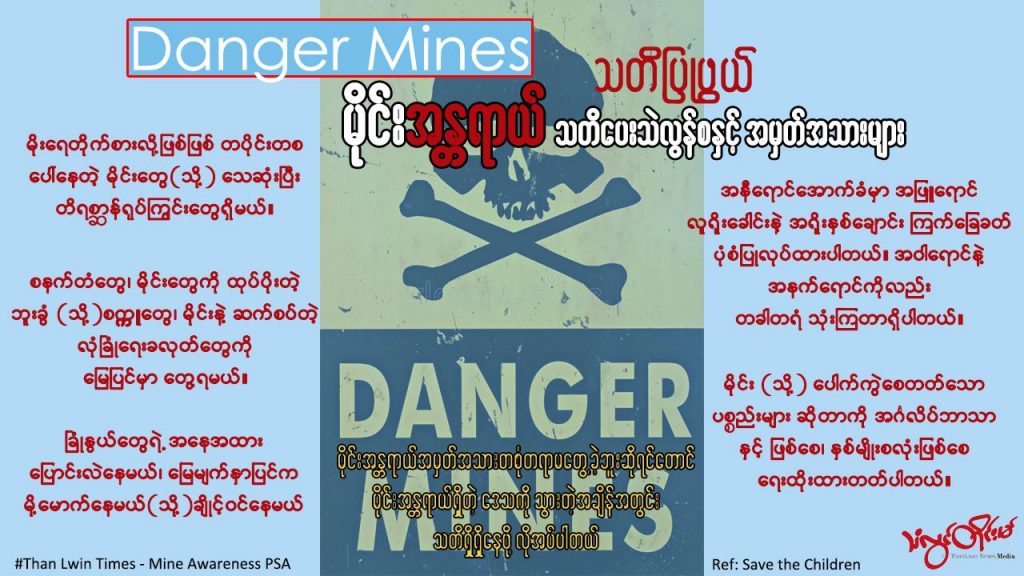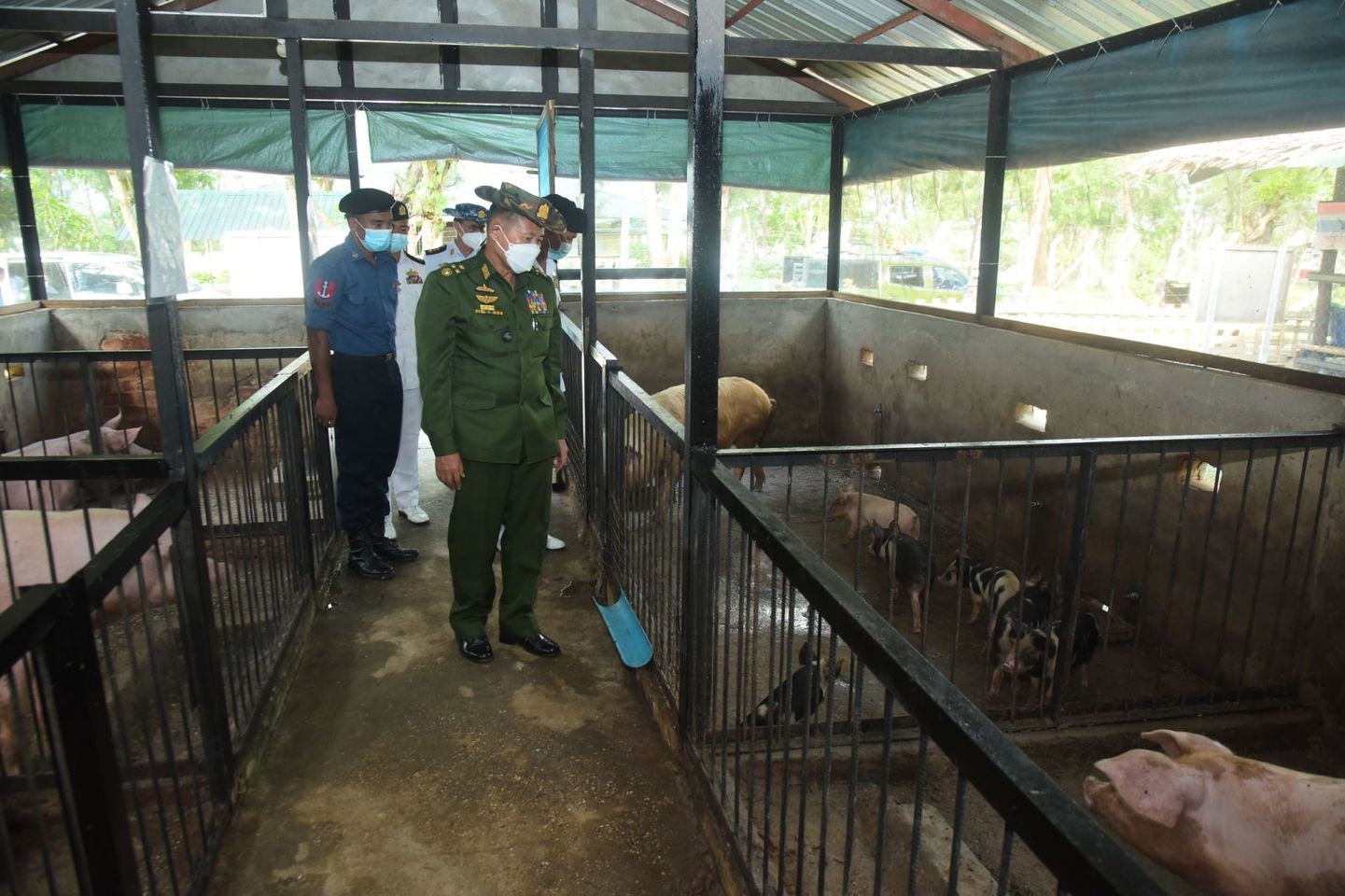Nay Pyi Taw, 27 August
Prices of products soared enormously under the military council, which forcibly seized state power by use of arms, and there has been widespread criticism not only among civilians but also among junta supporters and military families.
In addition to the drop in military strength, the military personnel is suffering from a major problem of food security as a result of salary cuts for a number of reasons.
According to data received by Than Lwin Times, a soldier’s salary of 210,000 kyats was cut for life insurance, bank savings, religion, funeral contribution, electric bill, two-month COVID loan repayment, and the cost of religious clothing, leaving only 45,000 kyats.
The families of the soldiers on the front line only have coarse rice provided for the military families because the salary was not enough, and a soldier’s wife said that she had to borrow money from others at an interest rate of 20 kyats to feed her family and could not even buy snacks.
A source close to the army told Than Lwin Times that the army’s family members have reported the problem of high prices and insufficient salaries to the battalion commander, but nothing has been done to solve the issue.
On the other hand, military families are outspoken in their frustration with the lack of a pay raise amid high commodity prices.

According to CDM Capt. Chan Myae, there may be more desertions owing to increasing commodity costs and debt issues.
Last month, sources close to the army said that some people from a battalion of Bago who criticized the army over high prices were arrested, but Than Lwin Times has not yet been able to independently confirm this.
The prices of rice and basic food items have increased three to four times in the two and a half years since the coup, and the price of coarse rice, Emahta, has climbed to 80,000 kyats per bag.
Even military supporters questioned the high prices, but the military council blamed businesspeople and financial speculators for it.
The military regime, on the other hand, formed a Union Committee for Stability of Commodity Prices to address the issue of high commodity prices, although it has yet to be helpful.
Military observers believe that if the military council is unable to control rising commodity prices and the army’s situation, more military members will join the CDM in order to support their families.
News-Than Lwin Times
Photo-

